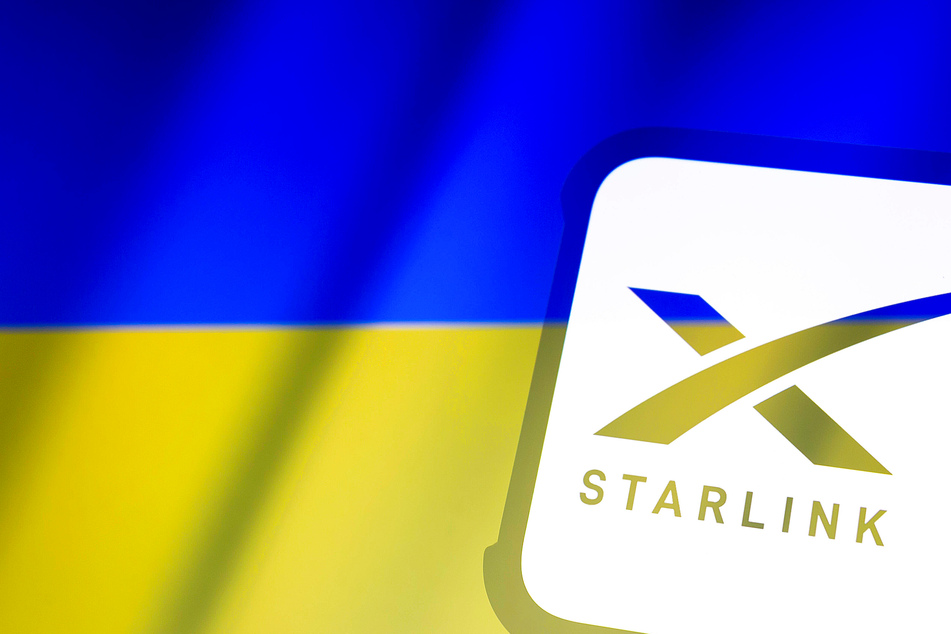Elon Musk set up Starlink satellites for Ukraine, but expert warns of the risks
Ukraine - Internet connectivity is a key resource in modern wars, and as Russia's invasion of Ukraine escalates, Elon Musk stepped up to deliver Starlink satellite internet to the embattled country.

Ukraine's Minister of Digital Transformation Mykhailo Fedorov reached out to Elon Musk for SpaceX's Starlink internet hardware, in a bid to keep his country online.
In a Twitter exchange over the weekend, Federov asked for Musk's support:
"@elonmusk, while you try to colonize Mars – Russia try to occupy Ukraine! While your rockets successfully land from space – Russian rockets attack Ukrainian civil people! We ask you to provide Ukraine with Starlink stations and to address sane Russians to stand."
Musk didn't take long to reply, first saying that satellites were on the way, then later confirming: "Starlink service is now active in Ukraine. More terminals en route."
The hardware and access to Starlink's fleet of satellites are seen as a fallback option, should the war end up destroying enough of the country's internet infrastructure to cause long-term outages.
There aren't many ways to force Ukraine to rely on satellite internet alone, according to the Guardian.
A distributed denial of service attack, or DDoS attack, could temporarily bog down Ukrainian websites and servers, but IT teams would quickly fix the problem and get the websites running again.
Otherwise, cutting the country's internet access would need a massive push from Russian forces to either destroy or physically enter every data center in Ukraine and turn them off.
Fortunately, those scenarios are largely out of the question at the moment, and most Ukrainians seem to still have internet access.
A word of caution

Despite the uplifting news of Musk's internet help for Ukraine, a detailed warning came from John Scott-Railton, a senior researcher on connectivity in wartime.
Scott-Railton works at the University of Toronto's Citizen Lab, a think tank for cybersecurity, communications, and human rights, and has dedicated the ten years of his life to how modern technology works (and sometimes fails) in war zones.
"I've researched the role & risks of internet & satellite communications during armed conflicts... for a decade," he began his Twitter thread.
Scott-Railton then detailed the history of targeting devices that broadcast radio and satellite signals during wars. He noted that Russia has experience with delivering military strikes against targets that were pinpointed by finding their radio or satellite transmissions, citing airstrikes in Syria that specifically targeted geolocated satellite internet hardware.
The senior researcher also stressed that his thread was not about naysaying Musk's efforts to support Ukraine, but to urge caution when using tech that hasn't been tested in a war.
If Ukraine has to fall back on satellite internet, it now has access to Starlink's constellation, even if using it could prove risky.
Cover photo: IMAGO / ZUMA Wire

